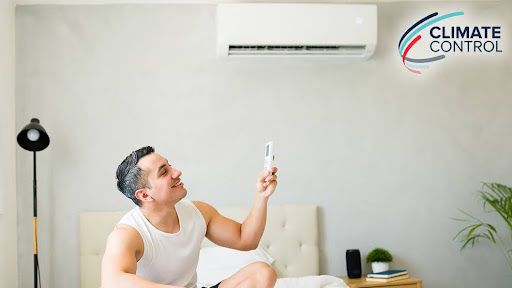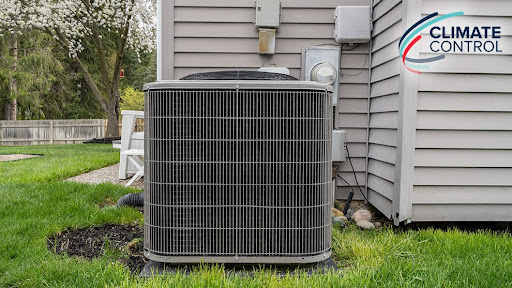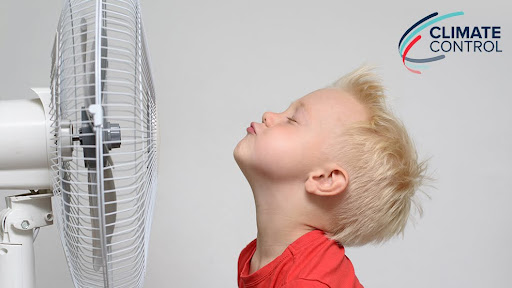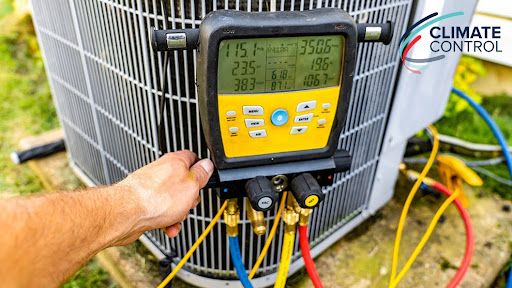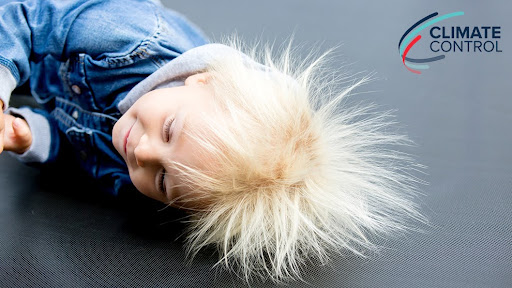Power from the sun and energy from the earth’s natural warmth are leading the pack of renewable power sources. They have two things in common: The price will never go up, and we’ll never run out. Those are a couple of factors that make geothermal and solar heating and cooling attractive to homeowners. Another is the extension of 30 percent federal tax credits for installation of these technologies in residences with no upward cap on the amount you can claim. Here are the strong points of each:
Solar power
According to the United Nations, solar photovoltaic energy is now the most prevalent renewable energy in the world. Unlike electricity from the grid, once the rooftop panels are installed, solar power costs are fixed. There’s no meter on the 12 trillion watt hours of solar energy that strike the earth daily. Most residential installations utilize an arrangement called net metering where the home stays tied to the utility grid for power at night and during cloudy days. In sunlight, the solar panels power the house and sell excess power back to the utility, reducing the electric bill. The upfront costs of a solar installation are coming down, and a recent study of installations in 10 states showed the average payback time has now dropped below 10 years.
Geothermal heat pumps
Geothermal heat pumps are the most efficient method for home heating and cooling. Only a few feet below ground level, the earth remains a consistent average of about 50 degrees year-round. A network of fluid-filled tubing loops buried in the ground exchange heat with the earth. During winter, the fluid absorbs heat and conveys it to a heat pump where it’s concentrated and dispersed inside your home. In summer, it’s the reverse: Heat extracted from inside your home is pumped through the underground loops and reabsorbed into the earth. The process consumes very little electricity — up to 50 percent less than conventional systems — and involves no combustion. Geothermal hardware is simple and long-lasting and, except for the buried loops, all contained within the home.
At Climate Control Company, we’re committed to energy-efficient interior comfort. Contact us today for more information on geothermal and solar heating and cooling installations for your western Colorado home.
Our goal is to help educate our customers in Aspen, Vail and the surrounding Western slope communities in Colorado about energy and home comfort issues (specific to HVAC systems). For more information about geothermal systems and other HVAC topics, please visit our website.
Image courtesy of Shutterstock


